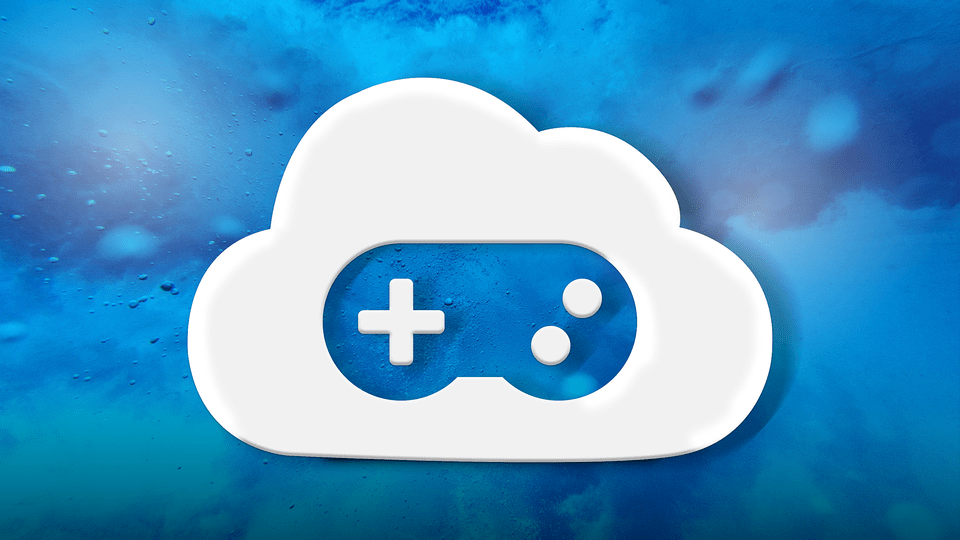Cloud computing and video games

Nowadays it has become common to speak of cloud computing. In the world of video games, this refers to the processing of images, 3D art, algorithms, lighting, among other aspects, on powerful remote servers.
Although cloud computing has been a trend in the industry over the past few years in a hybrid way (data processing in the cloud and on the user’s device), since 2019 and even more so with the pandemic, the effort of large companies such as Google, Amazon and Microsoft, among others, in the development of these platforms has accelerated and it will be very surely the next stage of the industry, changing the balances of power within it, the flow of information and costs, etc.
This trend allows reaching a greater number of players since the entry barrier of having a console, a PC or a high-end cell phone has been eliminated because the device used to play, acts only as a receiver of the result of the processing in Cloud.
For gamers, the big advantage is that they can enjoy graphically realistic and complex games without the need for long download times and the purchase of an expensive device to play it. On the other hand, they can access massively multiplayer video games from practically any device and have a much larger community of players to play with.
For developers, this means that they will no longer have the technical limitations of the devices when creating a video game but will only depend on the processing capacity they have in the cloud. While this is new to most of them, it can be a huge opportunity in terms of how video games are published and the kinds of experiences that can be created.
Within the industry, the areas that will be most influenced by this type of technology are video games on mobile devices and realistic games, open worlds, big narratives, which attract a lot of players to the same virtual world. Likewise, we cannot fail to mention e-sports where cloud computing brings important improvements to the experience of the championships. As a curious fact, generation “Y” or Millennials players spend more time watching their teams play and compete than they spend watching traditional sports on television (Source Deloitte).
Finally, and with players being the center of the industry, they will be the ones who will benefit the most from this data processing trend, by lightening the load on their devices and opening up the option of accessing more and better video games.


